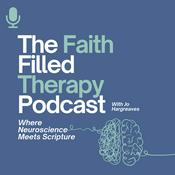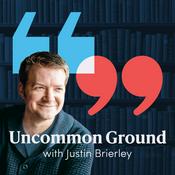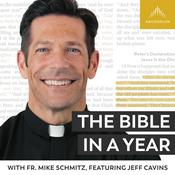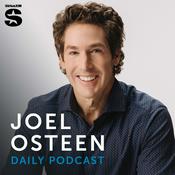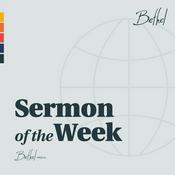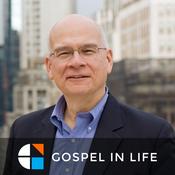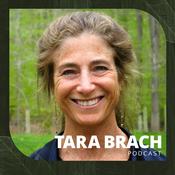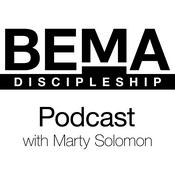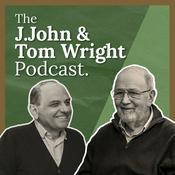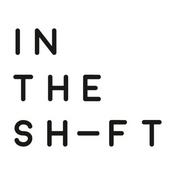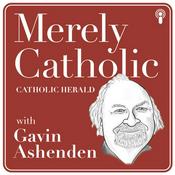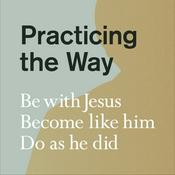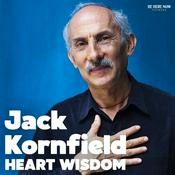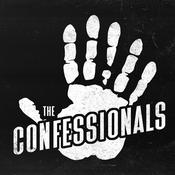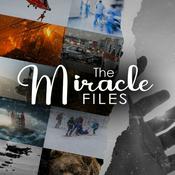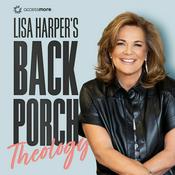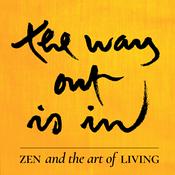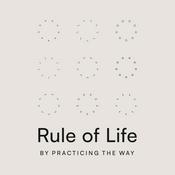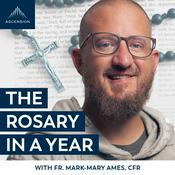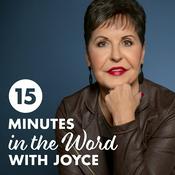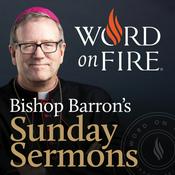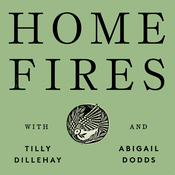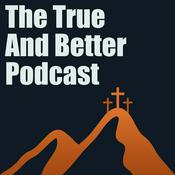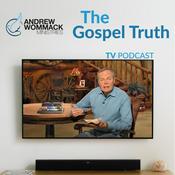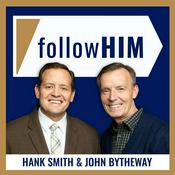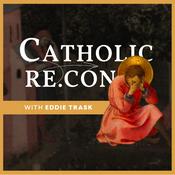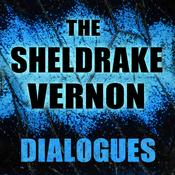Navigating Consciousness with Rupert Sheldrake
Rupert Sheldrake

Latest episode
125 episodes
Science, Spirituality & the Practices That Transform Us, with Dr. Jessica Harland
21/10/2025 | 1h 7 mins.Watch on YouTube: https://youtu.be/0_Lkku3QH-c
What if gratitude isn't just good manners, but measurably changes your wellbeing? What if the medieval Christians were right about nature being alive, and we've spent the last 400 years getting it fundamentally wrong? And why are half a million people now walking ancient pilgrimage routes across Europe when rationalist materialism promised to free us from such "superstitions"?
In this wide-ranging conversation at Hampstead Parish Church, I explore these questions with Dr. Jessica Harland, touching on everything from my early crisis of conscience in a vivisection lab to discovering LSD at Cambridge, from the Protestant Reformation's assault on pilgrimage to why your GP should probably be prescribing forest walks. We go into the scientific evidence behind spiritual practices—yes, there are thousands of peer-reviewed studies—and discuss why saying grace before meals, walking to holy places, and reconnecting with the living world aren't quaint relics of the past, but practices our secular age desperately needs to rediscover.
Whether you consider yourself religious, spiritual-but-not-religious, or simply curious about why these ancient practices refuse to die, I hope you'll find something here that sparks your imagination—and perhaps your own spiritual journey.
Recorded at The Parish Church of St John-at-Hampstead, October 2025. If you're in London, I highly recommend coming by to experience choral evensong.
https://www.choralevensong.org/uk/the-parish-church-of-st-john-at-hampstead-27.phpHow do Animals Predict Natural Disasters? London Society for Psychical Research
07/10/2025 | 34 mins.For more see Rupert’s Substack article on this topic
👉 https://rupertsheldrake.substack.com/p/animal-warnings-of-earthquakes
Recorded on November 4, 2017 at the Society for Psychical Research in London.
When disasters strike, it is often animals who seem to know first. Long before seismographs were invented, people noticed that snakes, rats, dogs, and birds behaved strangely in the days leading up to earthquakes. Similar reports come before tsunamis, avalanches, air raids, and even medical crises like seizures. Are these simply heightened senses—an ability to detect tremors, gases, or subtle vibrations—or do they point to something deeper, an anticipatory awareness we do not yet understand?
In this talk, I share some of the evidence I’ve gathered over the years: from ancient Greek accounts to modern field studies, from the Chinese earthquake networks under Mao to the toads of central Italy abandoning their mating grounds days before a quake. The pattern repeats across cultures and circumstances, yet mainstream science has largely dismissed it as superstition.
Why is that? What are we overlooking when we ignore such a consistent body of observations? Could systematic study of animal behavior, especially with today’s global communications, provide early warnings and even save lives?
I don’t claim to have the answers. But I invite you to explore these questions with me, and to consider what they reveal not only about animals, but about our shared sensitivity to the unseen.Consciousness and the Mysteries of Everyday Life – How the Light Gets In Festival
23/9/2025 | 40 mins.What if the “weird” feelings we shrug off—being watched, knowing who’s calling, waking seconds before an alarm—aren’t glitches but signals? In this talk, given at the How The Light Gets In festival, September 21st, 2025, Rupert Sheldrake argues that these everyday hunches point to mind-to-world reach (projective vision), mind-to-mind links (telepathy), and mind-to-future sensitivity (presentiment). How do we decide what counts as evidence, who gets to ask taboo questions, and how science should treat common human experiences? Beyond anecdotes, Rupert shares simple experiments, huge natural-history datasets, and a working picture of mind as something that reaches, bonds, and anticipates—often strengthened with emotional closeness. He flags practical paths forward: citizen science, the Eyesense Training app to sharpen sensitivity, and real-world applications from caregiving to early-warning via animal behavior.
Try the Eyesense Training app
👉 https://eyesense.training
See Rupert’s Substack for the Latest articles and early access to videos
👉 https://rupertsheldrake.substack.com- For many people, Christianity is like a toxic brand. Why is this so and what can be done about it? A dialogue with Marc Andrus, the Bishop of California, at Grace Cathedral, San Francisco; September, 2015.
See Rupert’s Substack for the Latest articles and early access to videos
👉 https://rupertsheldrake.substack.com
More Religion & Spirituality podcasts
Trending Religion & Spirituality podcasts
About Navigating Consciousness with Rupert Sheldrake
A wide ranging discussion of consciousness at the intersection of science and spirituality with Rupert Sheldrake, PhD, a biologist and author best known for his hypothesis of morphic resonance. At Cambridge University Rupert worked in developmental biology as a Fellow of Clare College. He was Principal Plant Physiologist at the International Crops Research Institute for the Semi-Arid Tropics in Hyderabad, India. From 2005 to 2010 he was Director of the Perrott-Warrick project for research on unexplained human and animal abilities, funded by Trinity College, Cambridge.
Podcast websiteListen to Navigating Consciousness with Rupert Sheldrake, The Faith Filled Therapy Podcast and many other podcasts from around the world with the radio.net app

Get the free radio.net app
- Stations and podcasts to bookmark
- Stream via Wi-Fi or Bluetooth
- Supports Carplay & Android Auto
- Many other app features
Get the free radio.net app
- Stations and podcasts to bookmark
- Stream via Wi-Fi or Bluetooth
- Supports Carplay & Android Auto
- Many other app features


Navigating Consciousness with Rupert Sheldrake
Scan code,
download the app,
start listening.
download the app,
start listening.

